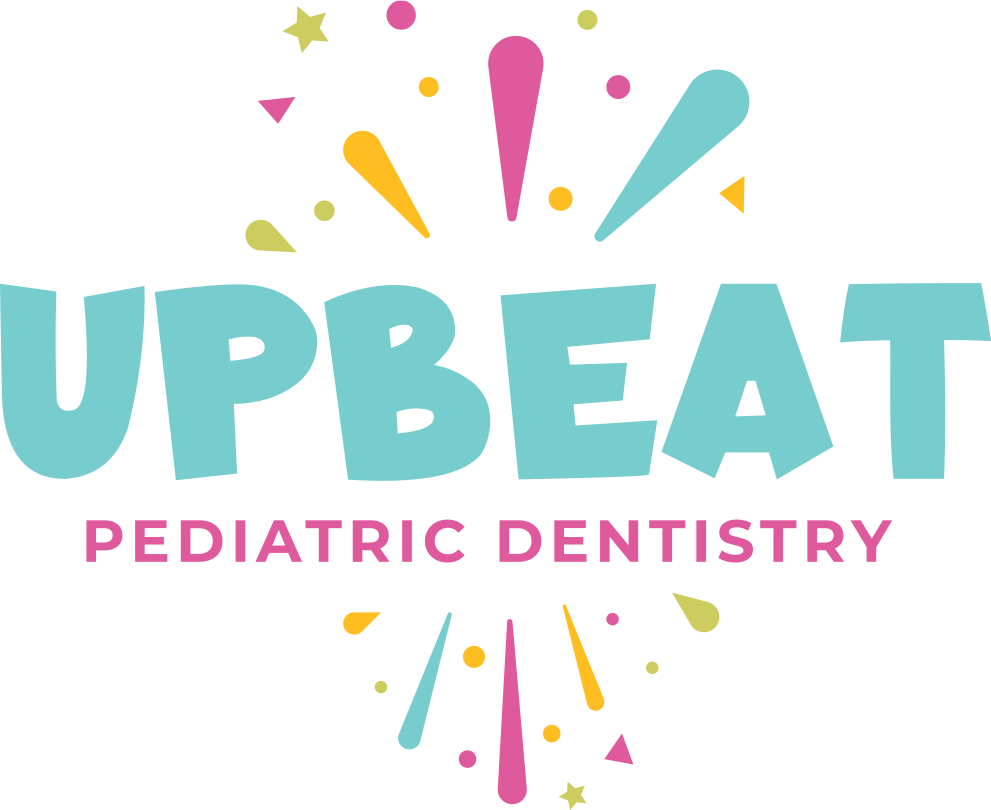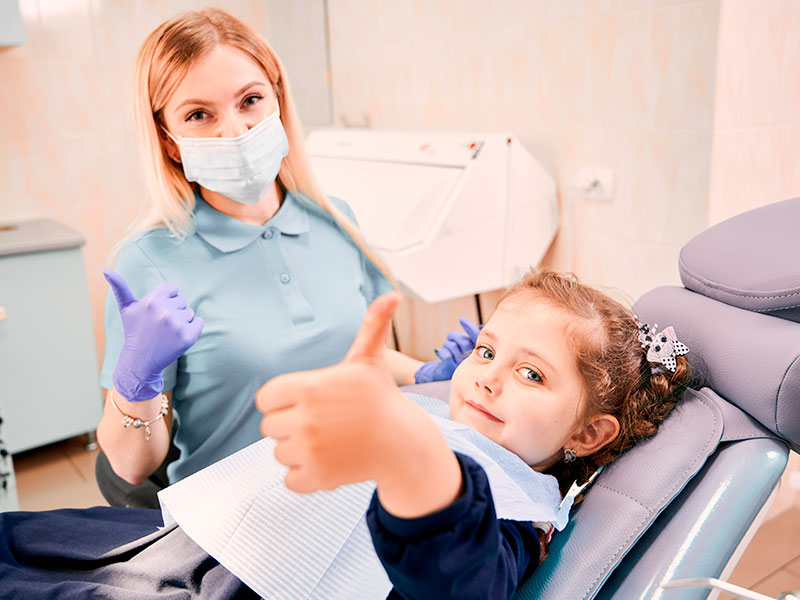Maintaining good oral health is essential for everyone, regardless of age. This is especially important for children, as it sets the foundation for a lifetime of healthy habits.
Prophylactic care, also known as preventive care, is the practice of taking anticipated measures to prevent the occurrence of a disease or condition. It is a key component in the prevention of oral health problems, involving regular check-ups, cleanings and education on proper oral hygiene habits.
By taking a proactive approach to oral health, we can prevent problems before they even start.
What measures are included in prophylactic care?
Regular dental checkups are an important aspect of prophylactic care. During these appointments, our team of experienced dentists will assess your child’s oral health and check for any signs of decay, gum disease, or other issues. Catching these problems early can prevent them from becoming more severe and requiring more extensive treatment.
Cleanings are another essential aspect of prophylactic care. Even with regular brushing and flossing, plaque and tartar can build up on teeth over time. Professional cleanings remove this buildup and prevent it from causing damage to teeth and gums.
Education on proper oral hygiene habits is also crucial in the prevention of oral health problems. Our team will work with you and your child to develop an individualized oral hygiene plan that includes proper brushing and flossing techniques, as well as dietary recommendations for maintaining healthy teeth and gums.
In addition to regular prophylactic control appointments, there are several things parents can do at home to promote good oral health in their children.
Here are some things they can do:
1. Encourage healthy eating habits: A diet rich in fruits, vegetables, and whole grains can help maintain good oral health by providing essential nutrients for teeth and gums.
2. Limit sugary foods and drinks: Sugary foods and drinks can contribute to tooth decay, so it’s important to limit their consumption, especially between meals.
3. Ensure proper oral hygiene practices: Parents should encourage their children to brush their teeth twice a day with fluoride toothpaste and floss daily.
4. Schedule regular prophylactic control appointments: Regular check-ups and cleanings with a pediatric dentist can help identify potential issues early and prevent the onset of oral health problems.
5. Consider additional preventive services: Fluoride treatments and dental sealants can provide additional protection for your child’s teeth and prevent the development of tooth decay.
By incorporating these practices into their child’s routine, parents can help ensure their ongoing oral health and well-being.
What are the consequences of not practicing oral health prophylactic care and control?
Not practicing oral health prophylactic care and control can lead to a variety of consequences. One of the most common consequences is the development of tooth decay, which can lead to cavities and even tooth loss if left untreated. Gum disease is another problem that can occur, which can lead to gum recession, tooth loss, and other serious health conditions if left untreated.
It can also lead to the need for more invasive and costly dental treatments in the future, such as root canals, extractions, and dental implants. This can result in missed school or work days for both the child and the parent, as well as significant discomfort and pain for the child.
Furthermore, poor oral health has been linked to other health problems, such as heart disease, stroke, and diabetes. This is why it is crucial to prioritize oral health prophylactic care and control, both at home and with regular check-ups and cleanings with a pediatric dentist.
Overall, the consequences of not practicing oral health prophylactic care and control can have significant short-term and long-term impacts on a child’s health, well-being, and quality of life.
In need of further guidance?
At Upbeat Pediatric Dentistry, we recommend that children receive prophylactic control at least twice a year, or more frequently if necessary. During these appointments, our experienced team of dental professionals will perform a thorough exam and cleaning, looking for any signs of potential issues.
Contact us today to schedule an appointment and learn more about the importance of preventative care for your child’s oral health.

